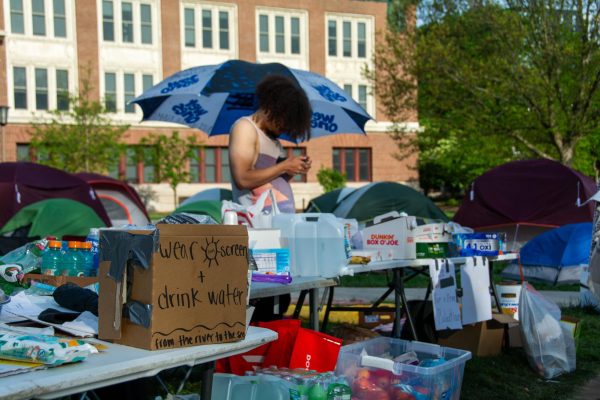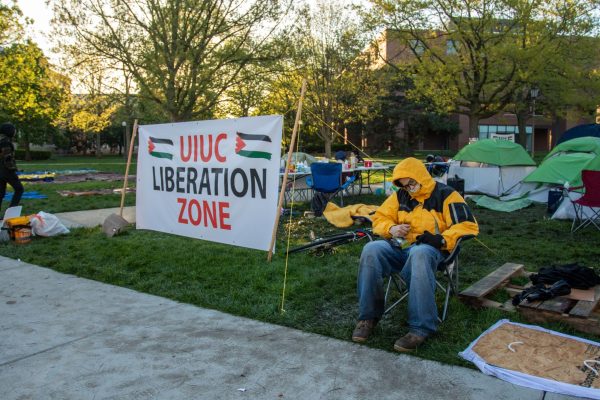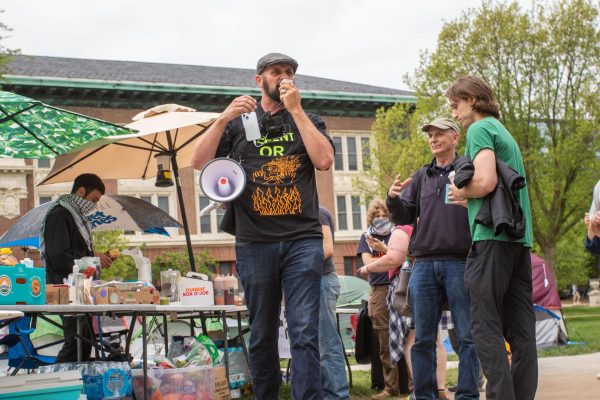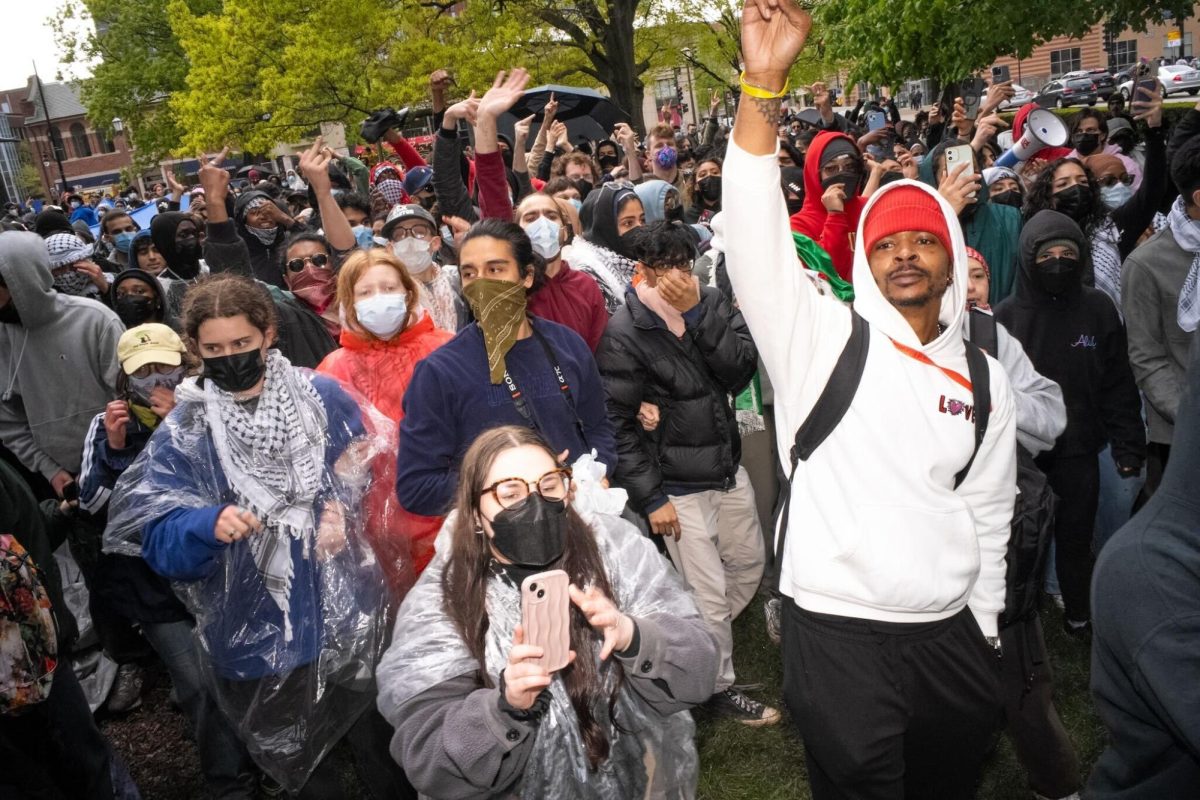The past two weeks have been witness to a great amount of political upheaval in Mali, as the most recent “victim” of the Arab Spring has been tossed into turmoil as a result of a coup d’état. On March 22, a group of Malian soldiers carried out the military coup, seizing the democratically elected government. They installed a military government in its place, a government that is often at odds with the international community and can only spell instability and uncertainty for Malians.
The capital, Bamako, experienced several days of chaos following the coup, and although that has generally subsided, there are still isolated incidents and the lingering worry about the future certainly is not subsiding.
The National Movement for the Liberation of Azawad (MNLA) is a rebellious group of Tuaregs that have been seeking to gain control of the northern Mali since October 2011. Many of their soldiers returned from the Libyan Civil War heavily armed with a renewed desire for political autonomy in the northern region. The mutinous soldiers’ supposed intentions were to provide for the defense of the north, and ironically, the MNLA rebels have advanced further than at any time before the coup, taking almost the entire region, including the major cities of Gao, Timbuktu and Kidal.
Although the ousted former president of Mali, Amadou Toumani Touré, was popular in the international community, Malians were not so fond of him. This is particularly because of his handling of the MNLA situation and also because of corruption, unemployment and the ineffectiveness of the education system, all of which exacerbated during his tenure.
As a result of the coup, the United States and other countries have suspended all non-humanitarian aid to Mali, and the Economic Community of West African States (ECOWAS) has closed all land borders and imposed sanctions on Mali. This has led to extreme shortages in fuel, and Malians are stocking up supplies and cash, hoping for the best but preparing for the worst.
Get The Daily Illini in your inbox!
ECOWAS has offered military assistance if the coup leaders will relinquish power, stating they have 2,000 soldiers standing by in order to help Mali regain control of the north. Since assistance is being offered in this manner, one would assume it is in the interest of the coup leaders to cede power and gain a helping hand. Restoring democracy in Mali will allow for international aid to its people, increase regional stability and allow for a new opportunity for better leadership for Malians who were in discontent with their previous leader.
It is true that all this is occurring on the other side of the globe, but this story does hit rather close to home. The University is home to the Mali Water Project (MWP), founded by Osee Sanogo, a native Malian, which seeks to increase accessibility to clean water in Sanogo’s home village in Mali. The village lacks basic sanitation and the water supply is often of very poor quality, and MWP is seeking to change that. Last summer, students from the University visited the village, and hoped to follow up with a visit this summer, implementing many of the sanitation projects they are working on this semester. However, due to the coup and internal turmoil, it looks as though much of their effort will be for naught.
The people of Mali deserve a competent and democratically elected leader. Since the country is strongly influenced by development and humanitarian aid, as shown by the inability of the Mali Water Project to act, it is imperative that power is handed back to a democratic civilian government. The military government must cede power, restore the former constitution and allow for the people’s well being by cooperating internationally in order to ensure that the sanctions do not have such a deleterious effect that the situation becomes unsalvageable.
_Thomas is a junior in LAS._







